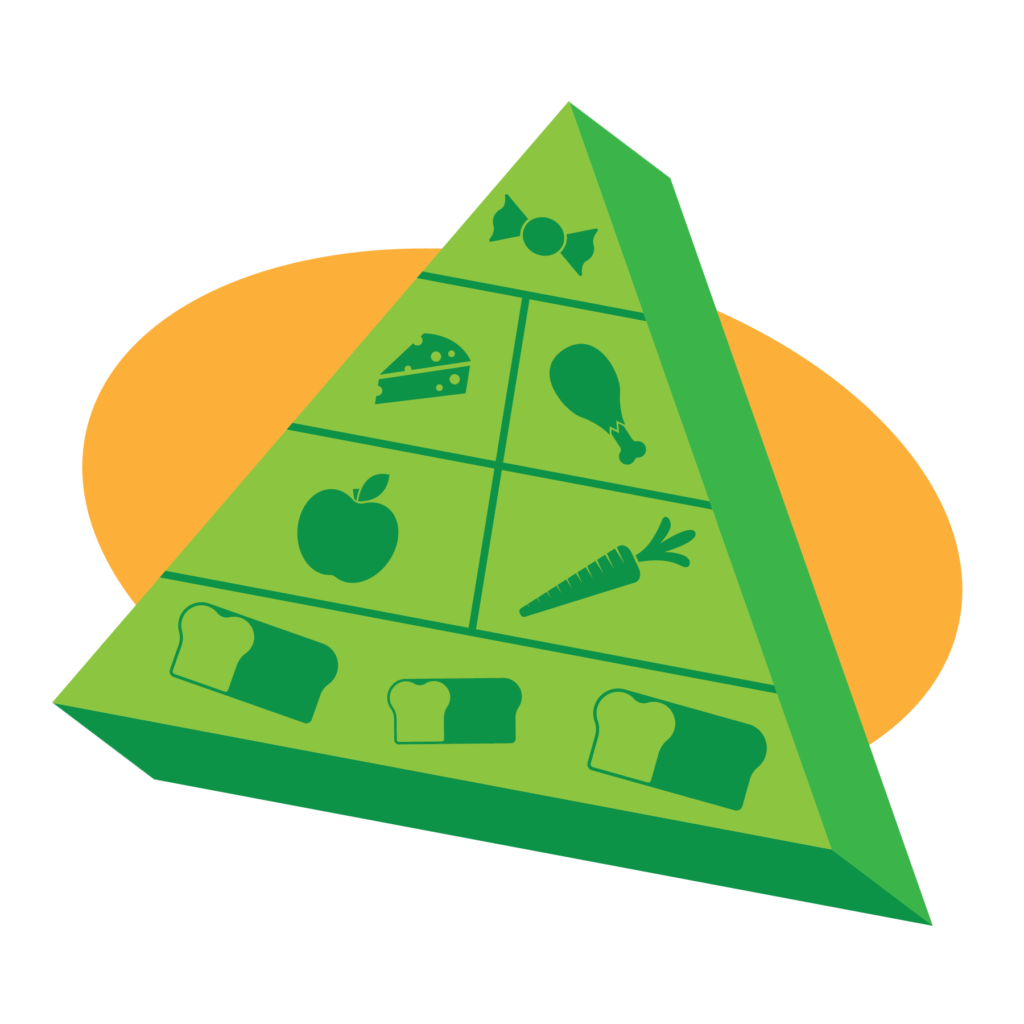As the Seattle University community gets accustomed to their new food service, Chartwells, the campus also greets its first registered dietician (RD), Edith Shreckengast.
Shreckengast is not only a certified dietician in Washington State, but also a Board-Certified Specialist in Sports Dietetics (CSSD). Additionally, she received a master’s degree in Community and Behavioral Nutrition from Virginia Tech and has a vast background in sports nutrition and eating disorders. Now, Shreckengast’s title is Chartwells’ Wellness and Sustainability Manager.
Over email correspondence, Shreckengast summarized a variety of tasks and work that she will perform in her position. She aims to provide services to students such as nutrition consultations, sports nutrition consultations, and dietary restriction consultations.
She said that she will use her position to advocate for students, conduct new campus wellness programs, and assist chefs with menu development and perform nutrient analysis of menus.
Due to Chartwells’ regulations and approval processes of interviews Shrekengast was unable to grant an in person interview to discuss her new position at this time, however her past work in dietetics can foreshadow her future at Seattle U.
Shreckengast spoke on “The Mindful Dietitian” podcast in 2018 to offer her insights into her specialties, interests, philosophy, and goals as an RD. She spoke about her experience working with athletes and her own experiences dealing with body image issues as a young woman and athlete.
Her words called attention to issues that most people face at some point in their lives, and this also applies to college students.
In the podcast, Shreckengast described the principles of “health at every size,” a philosophy wherein health is more important than size and social conditions around what a body “should” look like. She said she uses this philosophy as a driving force in what she does.
Shreckengast went on to describe the pressure that young people, especially young female athletes, are dealing with to have an idealistic body type. She pushed against the cultural expectation for women to be thinner and work out more, instead saying that strength is more important than having a specific body type.
At Seattle U, two things are apparent—a lot of folks on campus look forward to the future impacts of having a dietician on campus and many folks are also curious about the scope of her work.
In an email statement from the Tara Hicks, Director of the Student Health Center, she said that everyone at the Student Health Center is excited to meet and work with Shreckengast.
Word of the new position has also spread among the student body. Kinesiology Club secretary Monet Kumazawa explained why she thinks having an RD on campus is important as opposed to other health and food professionals.
“I think those conversations [about eating and exercise disorders] can’t always be had in CAPS or another Chartwells employee,” she said. “It needs to be someone who can actually speak for and look at the science and use more of a background to address these issues.”
Shreckengast’s approach focuses on health of the whole person. She is not interested in controlling what clients eat or coming up with a strict diet for them to adhere to. In fact, on Sutherland’s podcast Shreckengast said that pleasure foods are just as important as fuel foods. She added that all foods have a place in a person’s diet, whether it be for traditional health benefits or mindful pleasure.
The purpose of this relatively new philosophy is to improve folks’ relationship with food, build many types of strength, and recognize body diversity, according to the Health at Every Size Community website.
Shreckengast wrote that one of her goals is to empower the Seattle U community by arming them with skills to form healthy relationships with food.
So far, Shreckengast has been in close contact with the Health and Wellness Crew (HAWC) on campus.
Alex McGrew, junior Creative Writing major and Peer Health Educator at HAWC, spoke to the relationship between some HAWC members, other students, and Chartwells.
“I went to a lot of panels last year where we talked to Chartwells and expressed a lot of our concerns,” McGrew said. “I think one of the
things they did hear was that students are really concerned with what they’re eating.”
Given their input, many folks on campus appear to be excited about the new RD position, and about Shreckengast’s potential to impact the overall physical and mental health on campus. At the same time, some students want to know more about Chartwells and Shreckengast’s position with it.
Members of the Seattle U community can channel complaints and concerns about Chartwells
through Shreckengast—in this way, Chartwells has a built-in system that invites feedback and room for improvement.
“I think that [Chartwells] really saw the opportunity to bring in another resource for students,” McGrew said.
Students can make an appointment with Shreckengast through the Redhawk Dining website. There, students can read her bio and select a date and time that works for them to talk about anything food, body, and mind related.
Elizabeth may be reached at
[email protected]













